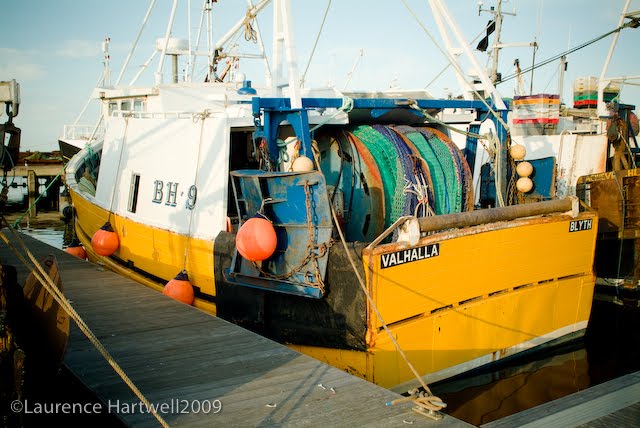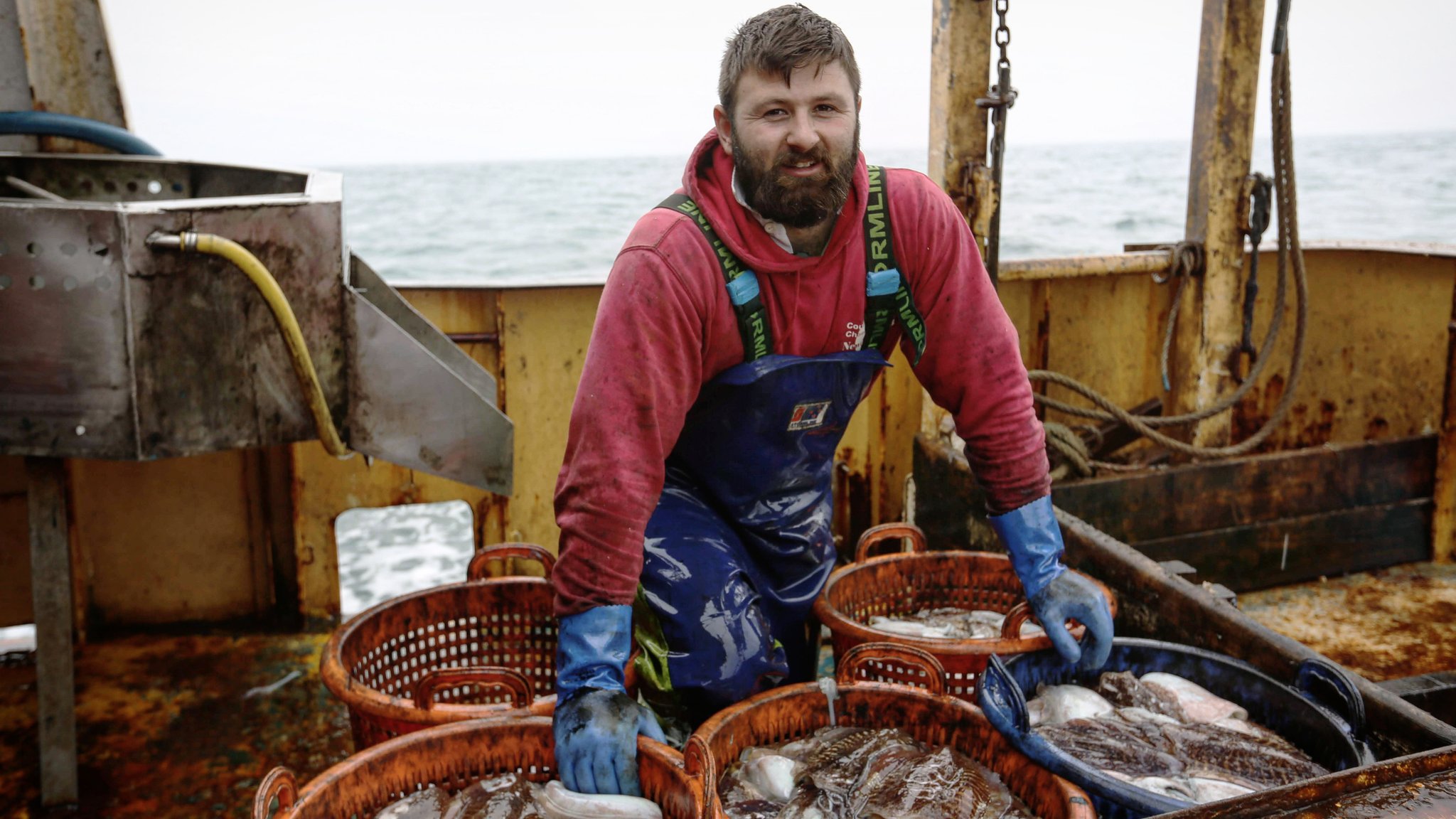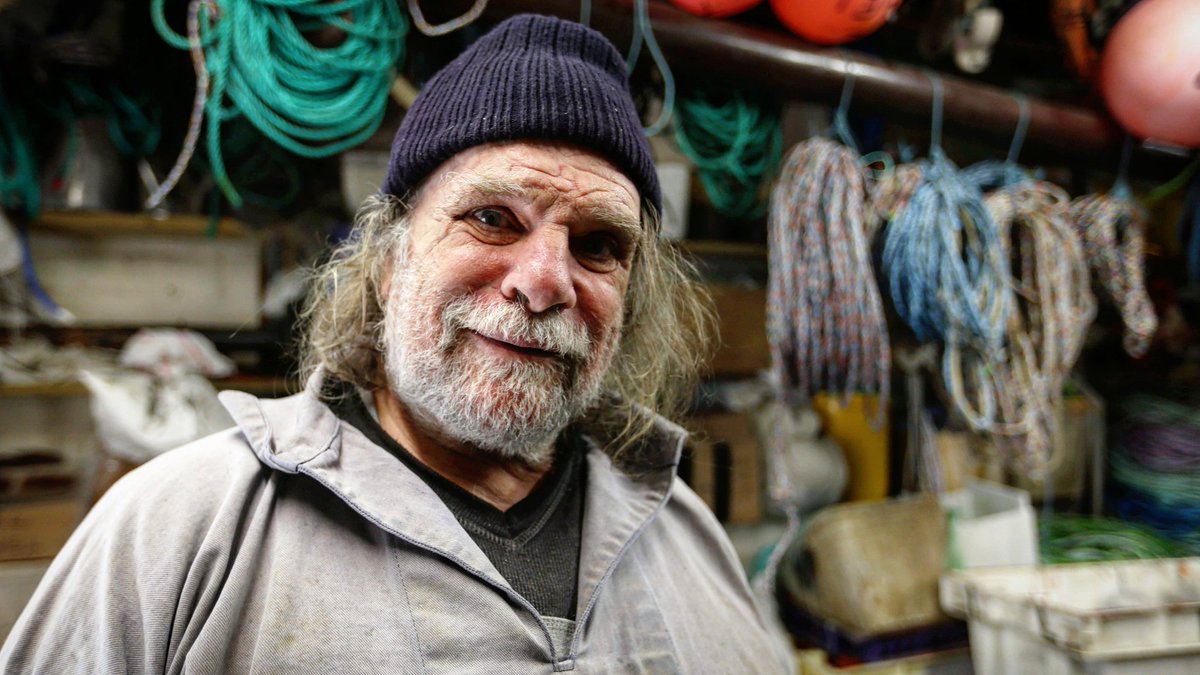TAC regulations are expected to be published in January 2020.

The new TAC regulations are expected to be published later in January 2020. In the meantime current regulations still apply.
This means that in January 2020:
- commercial bass fisheries limits remain as outlined in 2019 bass authorisation letters
- for recreational bass fisheries it is catch and release only
The 2019 bass guidance can be viewed here
What bass measures we expect to happen in 2020
Following the Agriculture and Fisheries Council of the 16-17 December 2019 the MMO expects the following rules will apply to bass fisheries.
Commercial bass fisheries
- All commercial bass fishing in ICES divisions 4b, 4c, 7d, 7e, 7f and 7h and in waters within 12 nautical miles from baselines under the sovereignty of the United Kingdom in ICES divisions 7a and 7g will require an authorisation to retain bass.
- Commercial bass fishing will be prohibited during February to March 2020.
The MMO will be writing to all fishing vessel owners with a revised authorisation to catch and retain bass and will provide further guidance on our website once the 2020 TAC regulations are published. In the meantime, current authorisation letters from 2019 are valid.
Bass will continue not to be subject to the landings obligation. Any bass caught above the quantity a vessel is authorised to land and any undersized bass must be discarded.
There will be changes to the limits that can be landed by authorised vessels:
Change for trawl
- by-catch with an increased by-catch cap (the 1% per day will be increased to 5% per fishing trip). The cap will be increased from 400kg over two months to 520kg over two months.
Change for seines by-catch
- increase from the monthly cap of 210 kg, (the 1% per day limit will be increased to 5% per fishing trip) to 520kg over two months.
Hook and line
- increased from 5.5 tonnes to 5.7 tonnes per annum.
Fixed gillnetting
- the limit of 1.4 tonnes will remain in 2020.
Recreational bass fisheries
- For recreational fisheries, including from shore, in ICES divisions 4b, 4c, 6a, 7a to 7k a limit of two fish per day from 1 March to 30 November 2020 may be landed.
Recreational fishers will be limited to catch and release only during January, February and December 2020.
Full detailed guidance will be published once the TAC regulation are published.
For further information please contact: bass@marinemanagement.org.uk














































